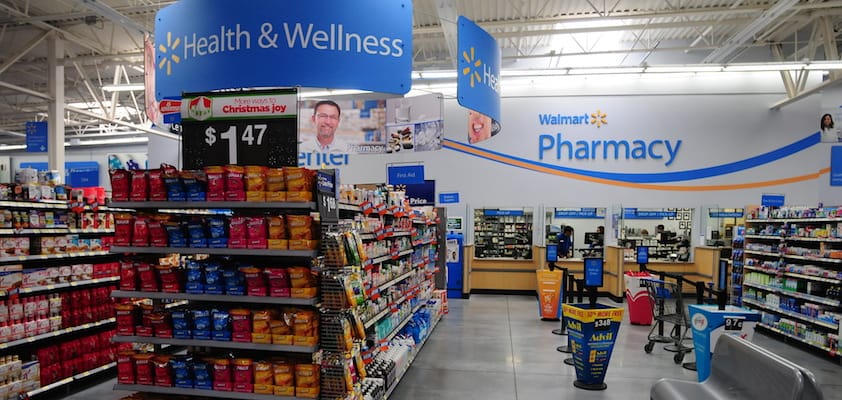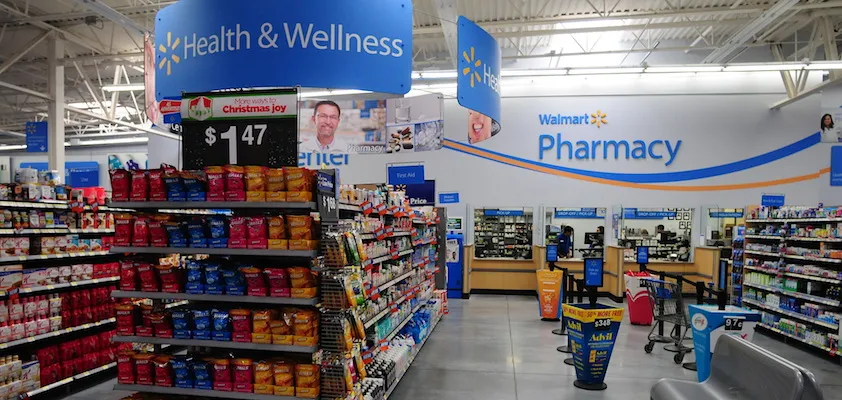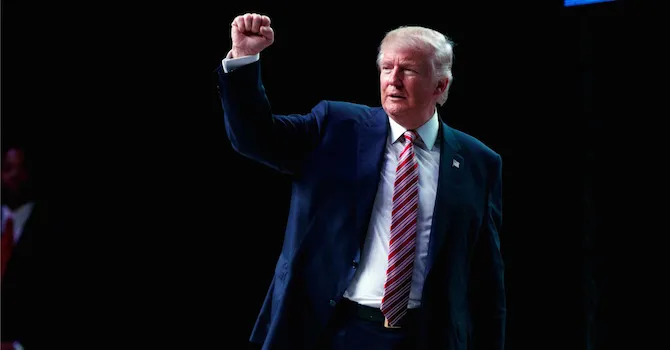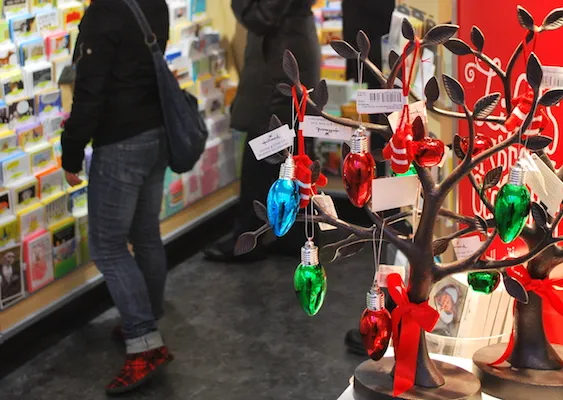
BENTONVILLE, Ark. — Walmart has become the latest retailer to ally with a pharmaceutical distributor for generic drug sourcing.
The mass merchandiser’s partnership with McKesson Corp. includes an expanded long-term distribution pact and will add scale and value for both companies, they said.
The agreement positions Walmart and McKesson to compete with partnerships between Walgreens Boots Alliance Inc. and AmerisourceBergen Corp., and CVS Health and Cardinal Health Inc. (through Red Oak Sourcing).
“Walmart finally bowed to the inexorable economics of generic purchasing, while McKesson captured a much-needed partner that it had been aggressively chasing,” blogged Adam Fein, president of Pembroke Consulting Inc. and chief executive officer of the Drug Channels Institute. As generics dominate drug dispensing, “those pharmacies and wholesalers with below average acquisition costs will be the best positioned to succeed,” he added.
Walmart and McKesson called their deal “a natural next step.” The agreement leverages McKesson’s strength and expertise in the global pharmaceutical industry and Walmart’s commitment to delivering leading health and wellness services at an everyday-low price, they said.
“Walmart and McKesson have built a strong business relationship over the past 30 years by working together to help lower the cost of health care,” said George Riedl, president of health and wellness for Walmart U.S. “The dynamics of health care continue to change, and we’re changing with it. It’s why we are taking our relationship with McKesson to the next level, using our combined size and scale to drive efficiencies, something that is core to our business.”
“Throughout our relationship both companies have engaged in an ongoing dialogue about how we can work together to bring more efficiency and value to the health care supply chain,” said Mark Walchirk, president of McKesson U.S. Pharmaceutical.
Fein noted that the deal has left three large wholesalers, PBMs and pharmacy chains aligned in long-term arrangements. AmerisourceBergen has Express Scripts and Walgreens as customers, Cardinal does business with OptumRx and CVS, and McKesson contracts with CVS/caremark and now Walmart.
“These alignments have significant implications for manufacturer channel strategies because wholesalers are becoming virtually impossible to displace for traditional brand-name and generic products,” he said.
Distributors’ biggest customers have historically bought generics directly from manufacturers rather than through the wholesale channel, noted Fein. But reduced acquisition costs from retail-wholesale purchasing relationships have encouraged chains to shift purchasing to distributors. Examples include Publix Supermarkets Inc. inking a pact with AmerisourceBergen, and Albertsons Cos. contracting with McKesson.
These arrangements are increasing the wholesale market’s size, by shifting generic volume to distributors. They also add heft to the generic “power buyers,” namely AmerisourceBergen, Red Oak and McKesson’s OneStop, he said.
Last year, Walmart was the No. 4 pharmacy chain by sales, with volume of some $19.9 billion, according to Fein. It bought an estimated $2.5 billion worth of generics.
Despite its size, “it was rapidly becoming an also-ran in generic buying,” Fein said, noting that Drug Channels estimated its pharmacy business grew slowly in 2015. “The two factors that propelled its sales — an industry-leading generic drug discount program and aggressive participation in Medicare Part D preferred network arrangements — have already been matched by other pharmacies.”







